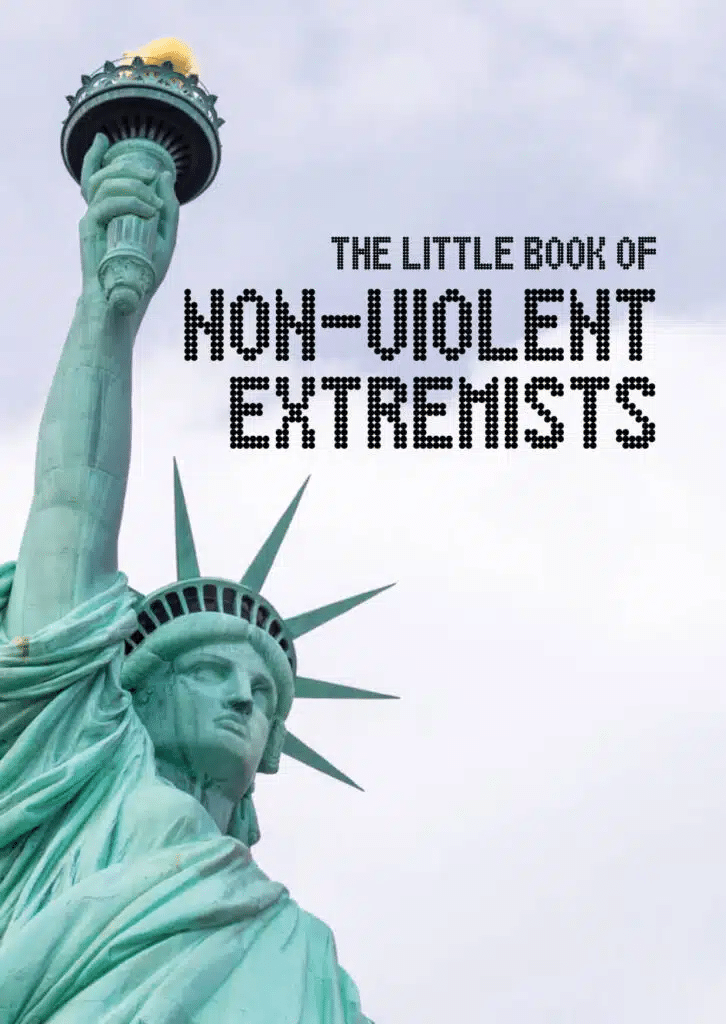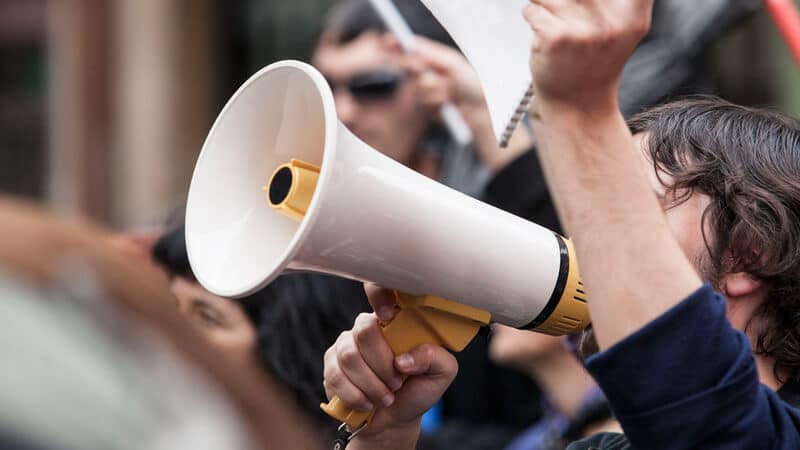Defending free speech is a vital tool in the fight against extremism, the Commission for Countering Extremism (CCE) has said.
The announcement comes after a CCE commissioned survey revealed “widespread public concern” about freedom of expression in Britain.
The watchdog reported that of the 2,291 over 16s in England and Wales surveyed by Ipsos, 33 per cent believed that free speech was “under-protected”. A significant percentage of participants said that they self-censored themselves on certain issues.
Key issues
Based on its findings, Ipsos said: “there is strong support for free speech, with a majority favouring open expression across a range of social, political and religious topics”.
However, it observed that while most respondents felt confident in sharing their opinions in such areas as climate change, politics, child exploitation by grooming gangs and religion, “a notable minority” were reluctant to speak out on more sensitive or controversial issues.
More than seven in ten (72 per cent) held the view that people “can say what they want” about climate change, but only four in ten (41 per cent) felt they could speak freely on transgender issues, with a third believing they should keep quiet on religious extremism (32 per cent).
Those classified by Ispos as “most concerned about the pace of change” in society — 37 per cent of the total sample — expressed “the highest levels of concern” about the state of freedom of expression in Britain.
Fundamental freedom
The report concluded: “these findings underscore the importance of understanding public perceptions of free speech when developing strategies to address extremism and in developing approaches that effectively navigate the complex relationship between free speech and offence in a democratic society”.
Free speech is fundamental to who we are as a society.
CCE Commissioner Robin Simcox said: “Free speech is fundamental to who we are as a society. If we allow legitimate concerns to go unaddressed then extremists will step in.
“As we work to counter extremism, we must ensure we are doing so while not only defending free speech, but promoting it.”
‘Impartiality’
The BBC recently reminded its journalists that they must cover “attitudes and opinions which some may find unpalatable or offensive”.
The broadcaster’s 2025 Editorial Guidelines, which come into force in September, state: “Impartiality is fundamental to the BBC’s purpose and is enshrined in the BBC’s Charter.
“It means not favouring one side over another and reflecting all relevant sides of the debate. It means not taking sides, reflecting all relevant strands of public debate and challenging them with consistent rigour.
“Impartiality is key to a relationship of trust with audiences, that they know the BBC is not being influenced by any personal or other agenda in what it chooses to broadcast or publish or in how it covers stories and that it seeks to include a wide range of views on any given topic.”
This little booklet makes the big point that some non-violent ‘extremists’ turn out to be heroic people of global significance. Successive UK governments have sought to confront non-violent extremism. But without a clear, precise and well-understood definition this is a dangerous road to go down. Our little list of heroes could easily have been accused of breaching modern ‘non-violent extremism’ thresholds.


